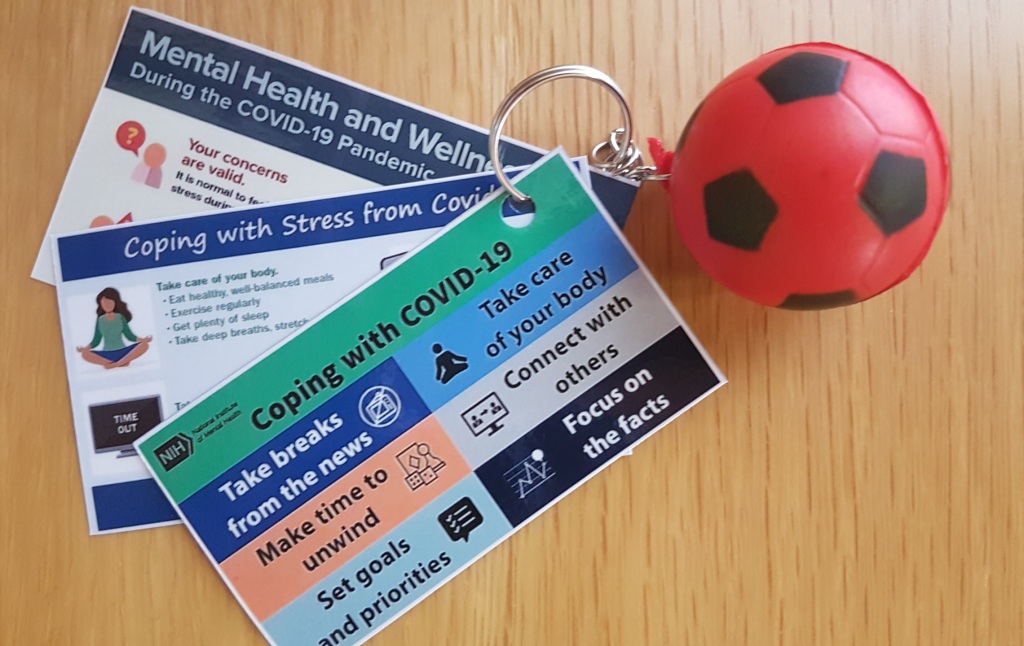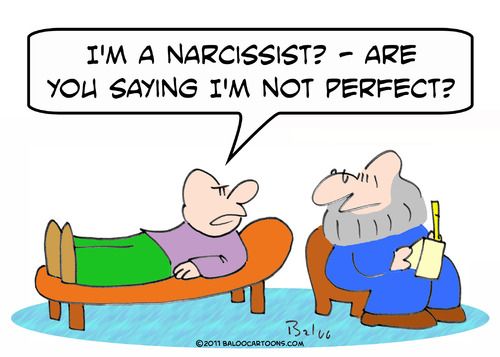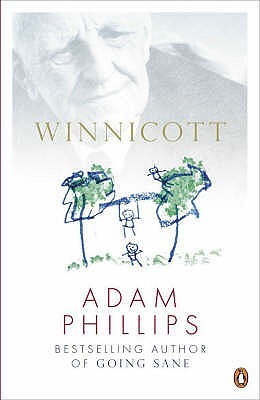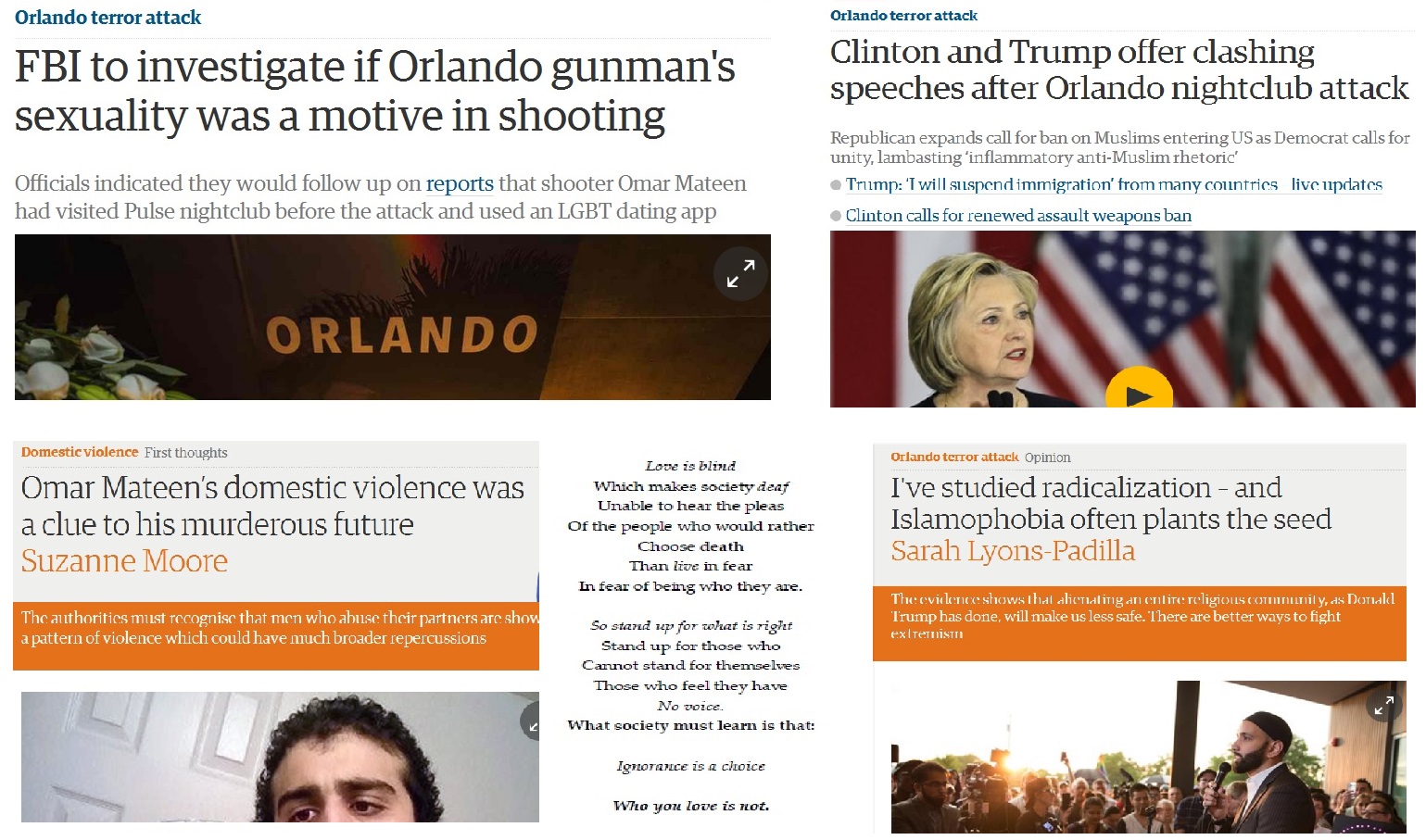This was honestly the best takedown of Jordan B Peterson, self-proclaimed male guru and lobster-loving lone preacher man, that I have seen.

Caitlin Moran’s chapter “The Advice of Men” in her 2023 Penguin book What about men? is mostly devoted to the lobster man. She prefaces the discussion by saying that unlike advice books for women, which are as plentiful as books on cookery or the Nazis, books offering advice to men are rather thin on the ground. When you do discover a really popular one, such as Peterson’s 12 Rules for Life (which has sold over 7 million copies) then it’s disappointing to find that, apart from the common-sense advice borrowed from Freud, Jung and other writers, it’s actually a “load of cobblers”.
I know that some critics have argued that Moran misrepresents some of Peterson’s arguments, but a quick look at the Goodreads reviews of 12 Rules will tell you that many, many readers agree that Peterson is peddling, well, horse-shit.
Ironically, Moran’s book gets a lot of negative reviews as well, but personally I found many of her points incredibly well made, and just taking this chapter on the advice of men, she scores a direct hit. Her final advice when choosing a book of manly advice, ask a woman to test-drive it for you first. There is an awful lot of dodgy stuff out there.
Overall, I much prefer Moran’s advice to that of Jordan B and she has the added value of being funny. Some quotes from this chapter:
“… fancy way of saying in hardback what everyone’s mum has been saying to them for free.”
“I’m always slightly alarmed when someone who is very confident and vocal about telling people how to be and what to do is themselves struggling with just such a thing. When their rules for life appear not to be working for them.”
“I bring up just how happy Peterson’s own life is because, well, I wouldn’t buy shoes from a cobbler wearing two plastic bags on his feet. Similarly, I wouldn’t accept rules, not even advice or thoughts but RULES for life from someone who appears to be quite sad and lonely. Because ultimately, what are you buying when you buy his thoughts and theories? Well it’s something that appears to be not working terribly well for him right now.”
“Finally I read 12 Rules for Life and there is some good stuff in it. Peterson’s step by step advice on how to properly argue with loved ones and come to an agreement that is satisfying to both is undoubtedly good advice, as it was when psychotherapist Carl Rogers originally came up with the method in 1951. Similarly, Peterson is good on how the basis of society is sharing and delayed gratification, how a person is defined by the ideas that they have, and how it’s a good idea to both make your bed every morning and stop and pet a cat in the street. The first of these observations is from Freud, the second by Jung and then Popper, and the last two can be found on either Instagram or TikTok anytime you want to look, and often presented as an amusing lip-synch rather than as a densely-typed, Bible-quoting rant.”
“However, the ultimate reason I fear for any man in a crisis turning to Peterson is that he comes across as a severely depressed man, crushed by a belief in fundamentalist Christian teachings, busily building bridges so that other people may join him in his depression, and thus make himself feel less alone.”
“Life is harder for men because …. Lobsters.”
“Lobsters, and therefore human men, must always be aggressive, fighting and winning or else turn into cabbages. Christ! That is a depressing thing to believe.”
“I remembered again the words of Jonathan Coe: “Men just want to escape themselves”. These books aren’t ultimately advice and understanding then. They are escapism into fantasy, into the past, into myth, into the idea that you might be a god, into, ironically, intellectual chaos.”
Image credits: Creative Commons (Wikipedia)



 Posted by Pete
Posted by Pete 




 It’s the last day of holidays here and I’ve been thinking (again) about narcissism. Particularly about how important it is to own our own narcissism. Perhaps it’s prompted in part by watching the Kavanaugh confirmation hearings and then reading and watching the reaction from liberals and conservatives alike.
It’s the last day of holidays here and I’ve been thinking (again) about narcissism. Particularly about how important it is to own our own narcissism. Perhaps it’s prompted in part by watching the Kavanaugh confirmation hearings and then reading and watching the reaction from liberals and conservatives alike.

 A: I’m reading Winnicott by Adam Phillips. I’m enjoying it but it’s definitely harder to read this on Kindle. I lose the thread and it takes days to pick it up again. I’m interested in Winnicott because he’s more hopeful than Freud or Klein. He was also one of the first clinicians to stress the primary importance of the mother-infant relationship. He says there’s no such thing as a baby, only a baby in relationship with its primary caregiver.
A: I’m reading Winnicott by Adam Phillips. I’m enjoying it but it’s definitely harder to read this on Kindle. I lose the thread and it takes days to pick it up again. I’m interested in Winnicott because he’s more hopeful than Freud or Klein. He was also one of the first clinicians to stress the primary importance of the mother-infant relationship. He says there’s no such thing as a baby, only a baby in relationship with its primary caregiver. It’s long, it’s good, it’s dense. I’m reading this for our self-psychology reading group, and so it’s one chapter a month. I’m also reading this electronically since the physical copy was very expensive. Even with the pound taking a slight dip with Brexit fears, books are still outrageously expensive.
It’s long, it’s good, it’s dense. I’m reading this for our self-psychology reading group, and so it’s one chapter a month. I’m also reading this electronically since the physical copy was very expensive. Even with the pound taking a slight dip with Brexit fears, books are still outrageously expensive.
You must be logged in to post a comment.